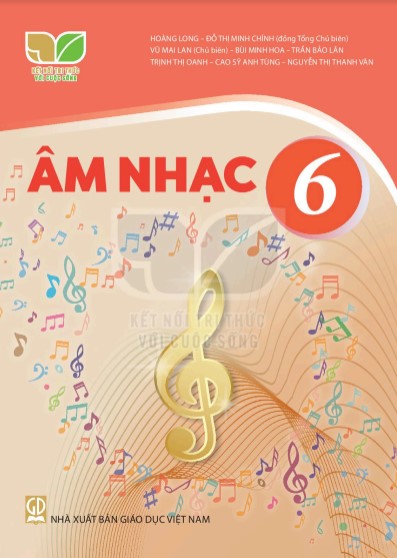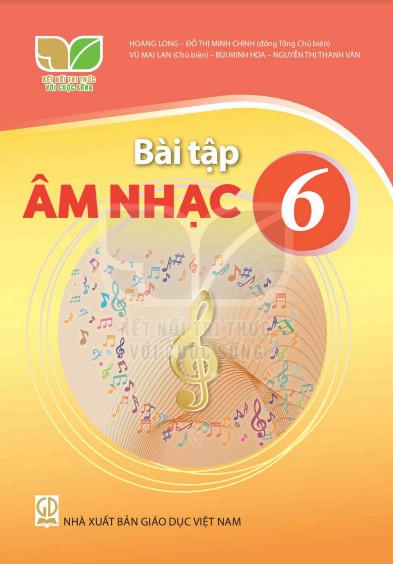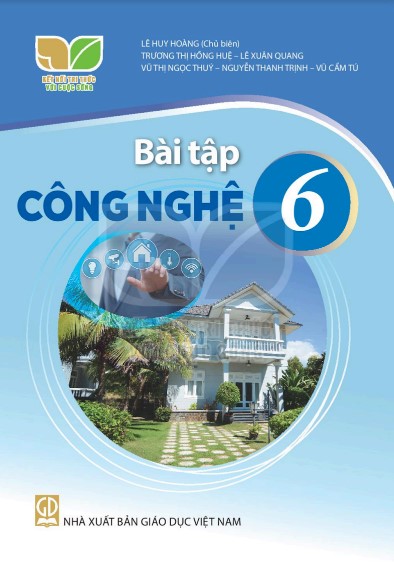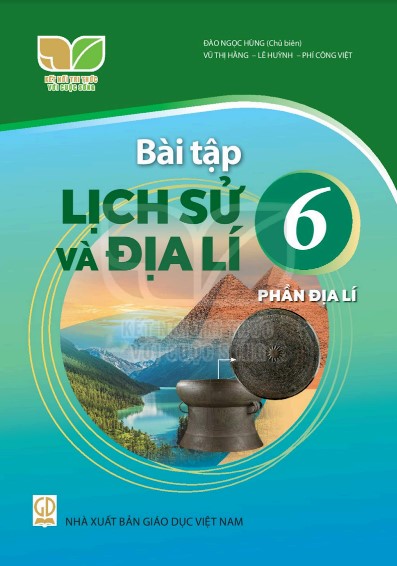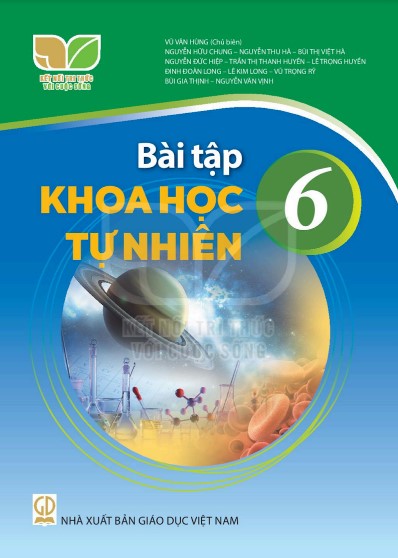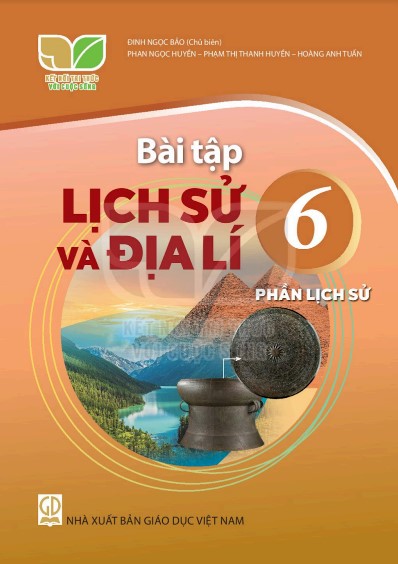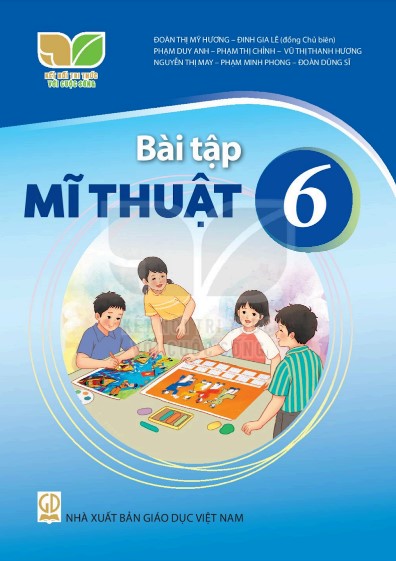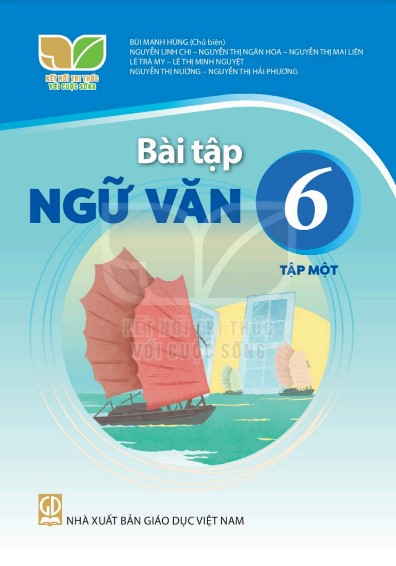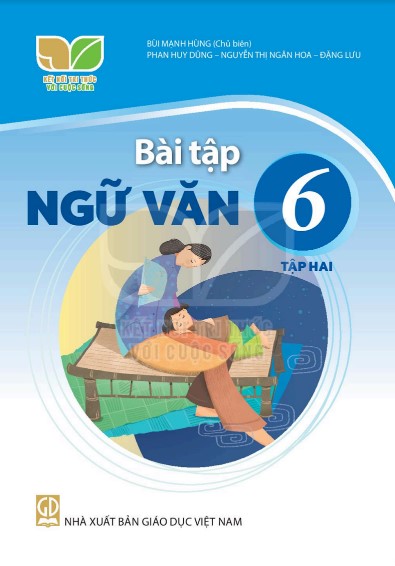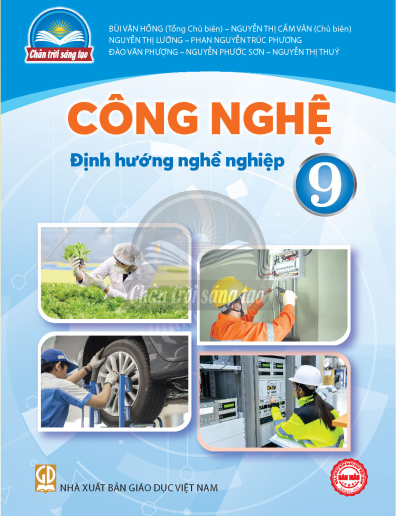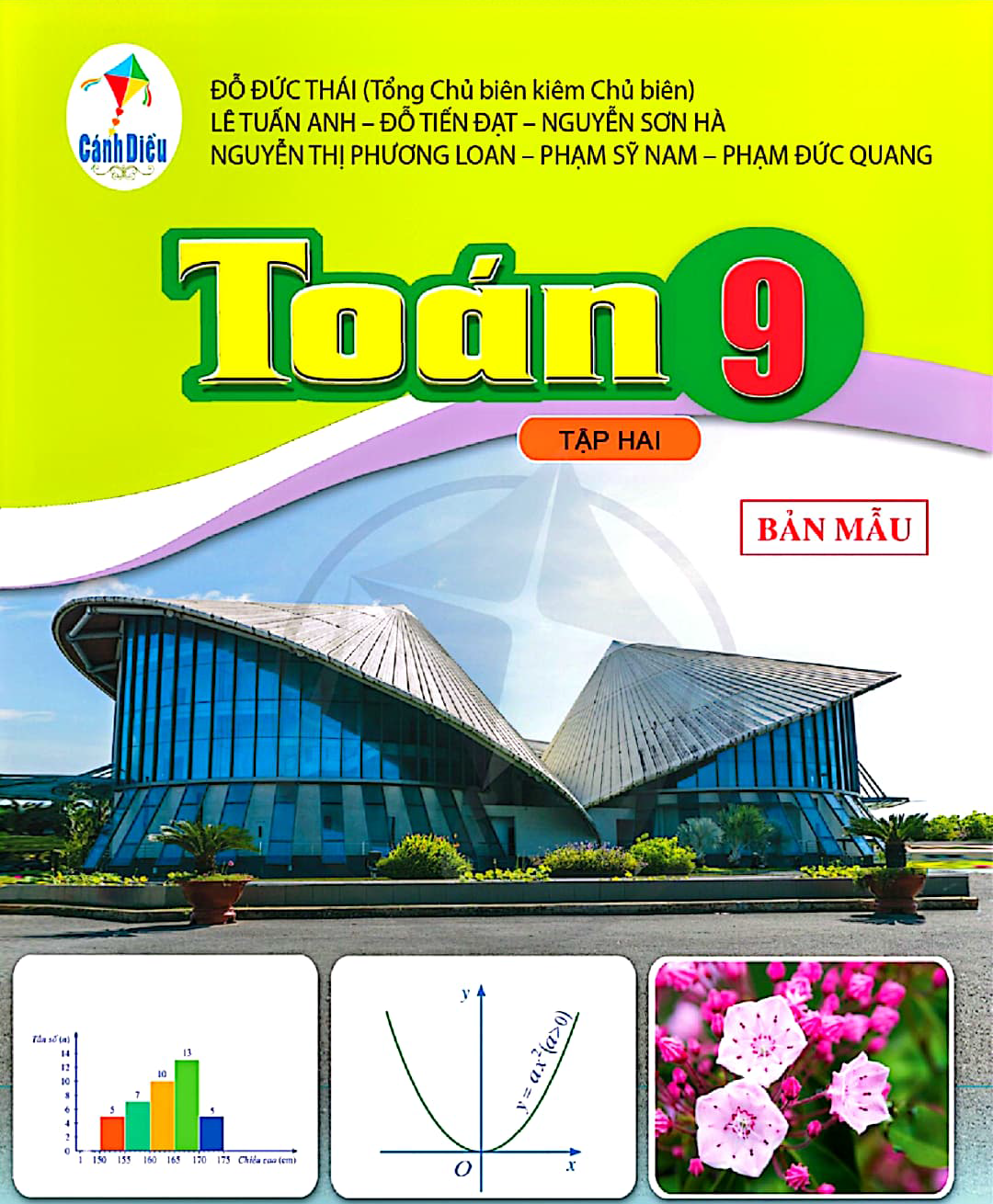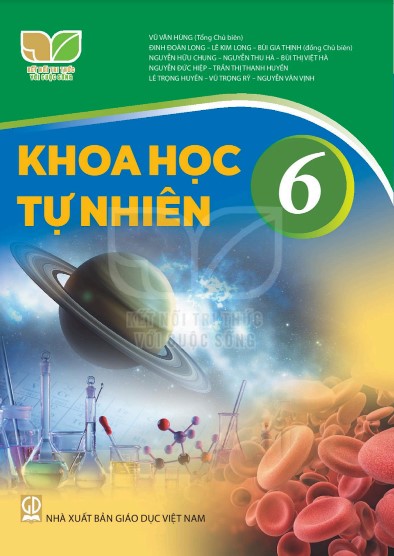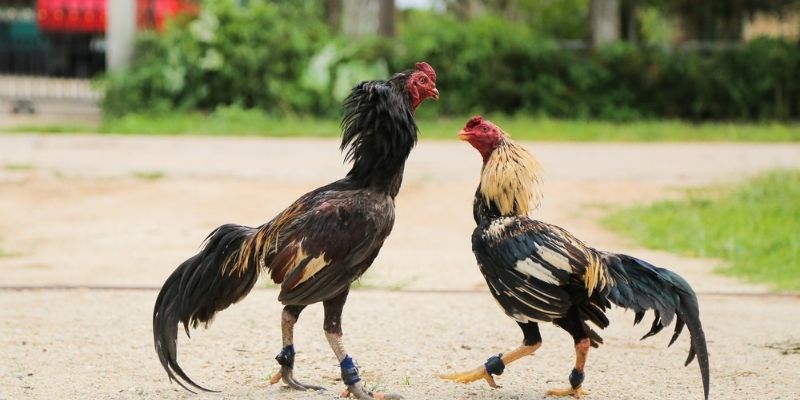(Page 9)
👉 A CLOSER LOOK 2
Grammar
The present simple
💡 Remember!
We use the present simple to talk about actions or events that often happen, or are fixed.
Examples:
- We usually go to school by bus.
- I don't like school lunch very much.
1. Choose the correct answer A, B, or C.
1. We _____ new subjects for this school year.
A. have B. has C. having
2. Duy _____ to school every day.
A. cycling B. cycle C. cycles
3. My new school ___ in the centre of the village.
A. not B. isn't C. doesn't
4. I live near here. Where _____ live?
A. do you B. you C. are you
5. My friend has a sister, but she _____ a brother.
A. not has
B. don't have
C. doesn't have
💡 Remember!
The present simple verbs with he/she/it need an s/es.
2. Miss Nguyet is interviewing Duy for the school newsletter. Write the correct form of the verbs.
Miss Nguyet: Tell us about your new school, Duy.
Duy: Sure! My school (1. have) _____ a large playground.
Miss Nguyet: _____ you (2. have) _____ any new friends?
Duy: Yes. And I (3. like) _____ my new friends, Vy and Phong.
Miss Nguyet: _____ Vy (4. walk) to school with you?
Duy: Well, we often (5. ride)_____ our bicycles to school.
Miss Nguyet: What time do yougo home?
Duy: I (6. go) _____ home at 4 p.m. every day.
Miss Nguyet: Thank you!
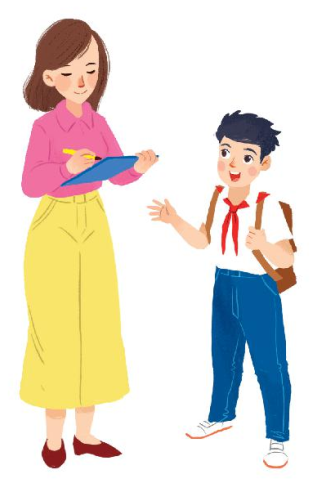
(Page 10)
Adverbs of frequency
💡 Remember!
We use adverbs of frequency to show how often something happens.
We often use them with the present simple.
We usually place the adverb of frequency before the main verb.
Examples:
- Tom usually takes the bus to school.
- They don't often go to the cinema.
3. Fill the blanks with usually,sometimes or never.
1. always
2. _______
3. rarely
4. _______
5. _______
Write a sentence with one of these adverbs.
_______________________________________________
_______________________________________________
_______________________________________________
4. Choose the correct answer A or B to complete each sentence.
1. I _____ late on Saturdays.
A. get up usually B. usually get up
2. My mum _____ to work late.
A. rarely goes B. goes rarely
3. _____ at weekends?
A. Do you often travel B. Often do you travel
4. What kind of music _____?
A. usually does Susan listen to
B. does Susan usually listen to
5. When _____ go on holiday each year?
A. do you usually B. you usually
5. Work in pairs. Make questions, and then interview your partner.
1. you / often / ride your bicycle/ to school
2. you / sometimes / study / in the school library
3. you/like/ your new school
4. your friends/ always / go to school/ with you
5. you / usually / do your homework / after school
